Sunday Reflections: If Ranganathan wrote a list about the SRP

I dislike participating in the SRP program with my own kids.
I know, it sounds horrible. I cajole and prod during the school year and do my best to keep up with the paperwork, and by summer, my energy for the tedious tracking is gone. And my daughter’s energy for sustained, monitored engagement is as well. We are both ready for a break.
That’s not to say that we don’t read! The house is full of books, bedtime stories have been de rigueur since the first day home from the hospital, and both of my girls pride themselves on the carefully curated bookshelves behind their beds. I just don’t care to keep track, and neither do they. Part of our problem is that reading happens constantly. They encounter passages about various animals as they play Animal Jam. She reads street signs as we drive, cereal boxes at breakfast, and grocery lists midafternoon. Reading happens everywhere. How to mark the fits and starts into twenty minute segments?
This afternoon, my daughter raced up the stairs with her reading log exclaiming that she and her friend were going to read. Yay! About a half hour later, she came down to update me: they’re almost done with the reading club. Eleven princess books down, surely it had been six hours already. Do I dash her excitement about all of this reading, erase the marks and bring her back to reality? Or do I gauge her time generally, and return to the library when it seems about right. It’s the latter, and here’s why:
I’m a firm believer in the simplicity and flexibility of Ranganathan. The SRP, like libraries and books, is for use. To me, the five laws for SRP should read like this:
1. SRP is for people.
Let’s make the focus of SRP not prizes or hours or tallies, but the people who are participating. What do they want and need to make the most of their summer reading experience? How can we keep our SRPs people focused?
ADVERTISEMENT
ADVERTISEMENT
2. Every reader his [or her] material.
3. Every item its reader.
These stay largely the same; everything that we read is useful in its own way. As my pre-reader points to words over my shoulder in my novel asking, “does that say bed?” my early reader sounds out the words on the back of her cereal box and her older friend reads Rainbow Fairies to her. One teen takes the summer to dive into books by her favorite comedians in hopes of improving her performance in forensics, and another rediscovers his little brother’s Goosebumps and takes a walk down memory lane, while yet another has had her interest sparked by the Fault In Our Stars fervor and is devouring all of the contemporary YA and fanfic she can get her eyes on. None of it is better or more worthwhile. It’s serving the purposes, stages, and interests of the reader and it counts.
4. Save the enthusiasm of the reader.
Did I tell my daughter to march back upstairs and erase the marks she’s made because they didn’t accurately reflect her reading? No way. She was THRILLED to have read so much; and thrilled to be reading for the first time in ages. SRP shouldn’t discourage enthusiastic reading, and that certainly would have. If she were another child, one who is an avid reader, or has a better grasp of time (don’t get me started on this — asking kids who can’t tell time to track minutes or hours… just makes no sense to me), I might treat this differently. For some, the prizes are a great motivator to read. Others will be content with just getting their name on the big board of participants. Some will read voraciously all summer long. Others will do exactly and only what they need to do to meet the requirements, others will register and never turn in their logs. Though it doesn’t jive with our need to document success through statistics, I really believe it doesn’t matter.
5. The SRP is different things to different people.
And this is the crux of it all. Just like the library means different things to different people, so does the SRP. For some, it’s a chance to read as many books as possible. For others, an invitation to dive into some books they’ve been waiting for. For another, it might be a way to get a pass to a museum or a free food coupon. Still others might really like getting little prizes along the way. Some use it as a way to structure their week and remind themselves to visit the library. And others just might not care, and for that we should not judge them. It’s ok. We’re glad they came to the library and are using it for what they need and want.
What the SRP isn’t to any of our patrons: an opportunity to gather statistics. Let’s keep that in mind as we work to make our SRPs bigger each year with numbers that reflect that. My hunch is that if we keep the focus on the people, the numbers will work themselves out.
-Heather
Filed under: Parenting, Summer Reading, Sunday Reflections
About Karen Jensen, MLS
Karen Jensen has been a Teen Services Librarian for almost 30 years. She created TLT in 2011 and is the co-editor of The Whole Library Handbook: Teen Services with Heather Booth (ALA Editions, 2014).
ADVERTISEMENT
ADVERTISEMENT
SLJ Blog Network
The Moral Dilemma of THE MONSTER AT THE END OF THIS BOOK
Cover Reveal and Q&A: The One and Only Googoosh with Azadeh Westergaard
K is in Trouble | Review
Parsing Religion in Public Schools
ADVERTISEMENT



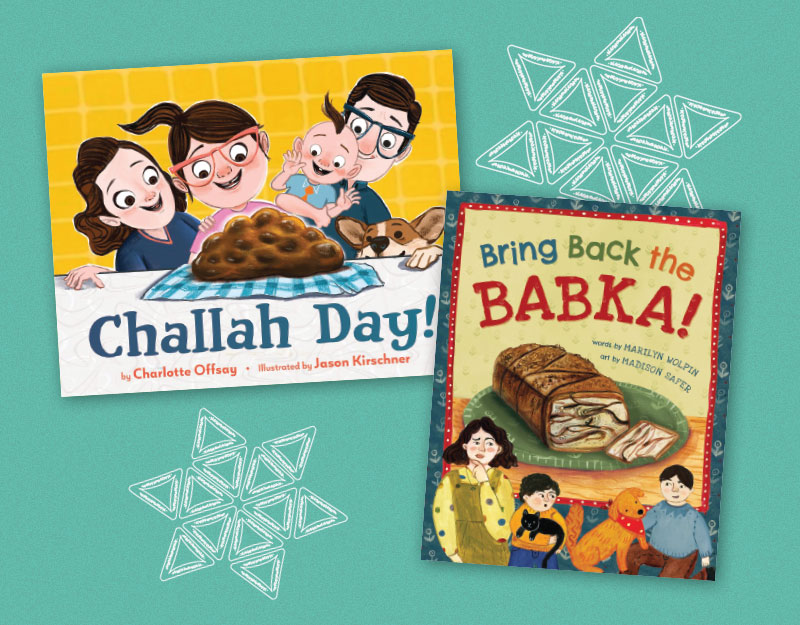
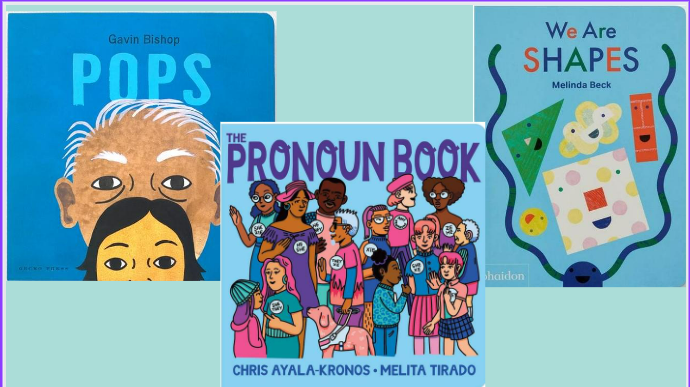
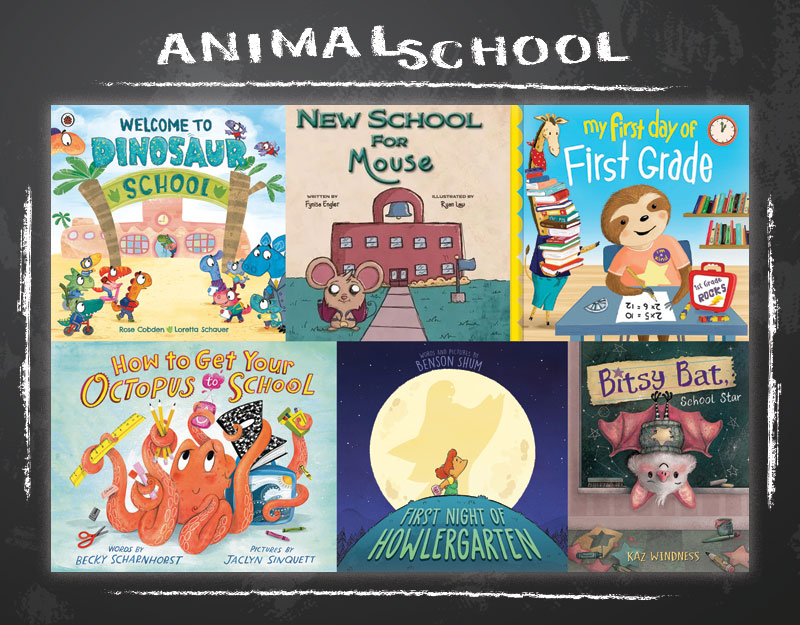
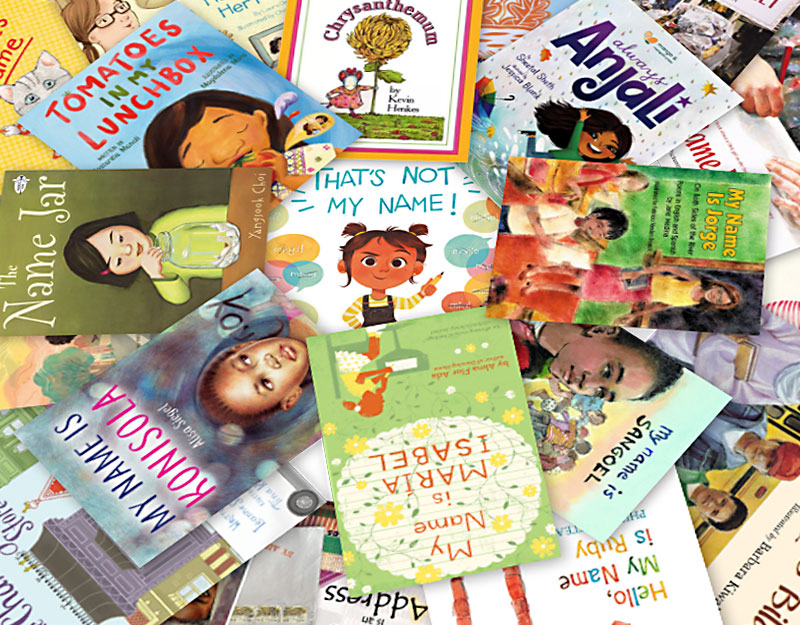
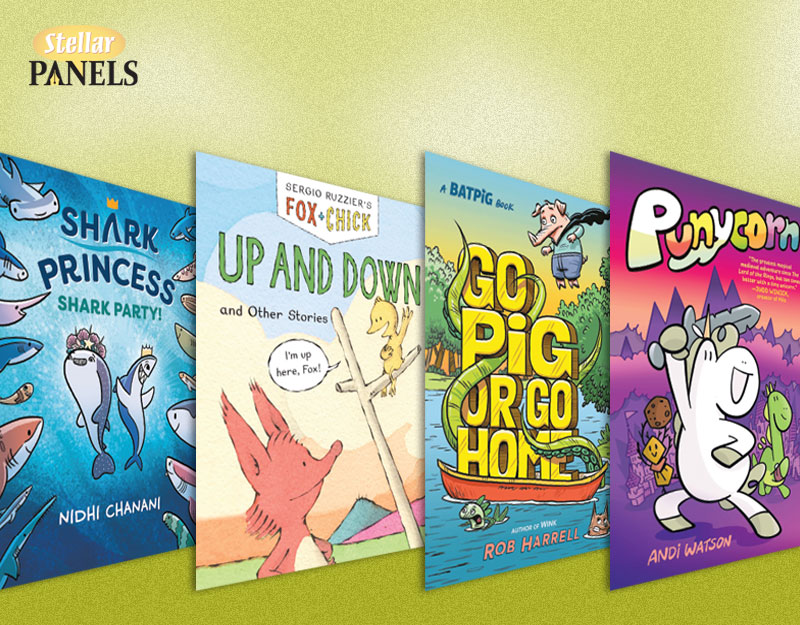
Really like this perspective! SRP is about encouraging people to read, not about being obsessive about tracking it. Setting goals is good. I really like programs that take that approach.
Thanks, Molly. I like the idea of individualized goals.
This is great!! I've been teaching programming courses at a CE and grad level the past six months and I can say that the misconceptions surrounding SRP are enough to make my eyes bleed. There are many “passed-down” tips and “always-done-it-this-ways” that people use that make the summer horrific for staff and kids. We need a conversation/movement as large as the one the Storytime Guerrilla movement has started to start shaking librarians and library staffers out of the old SLP/SRP paradigm. Great stuff is happening around the country but it is pocketed and it need to be embraced by libraries big and small everywhere!!
Have you heard about Ann Arbor District Library's Summer Game? It seems like it would be great for your students to hear about. And it sounds like fun too! http://mmlc.info/advisory/Advisory_12_13/2012_10_Speaker_Files/Summer_Games_presentation.pdf
http://play.aadl.org/
I'd heard of it but never seen it. We were talking badges but couldn't put it together with short staffing. That looks fun!!!
Amen, sister. I’m late seeing this post but thank you for your honesty, for articulating these ideas so well, and for backing me up on the changes I’m planning for 2015.